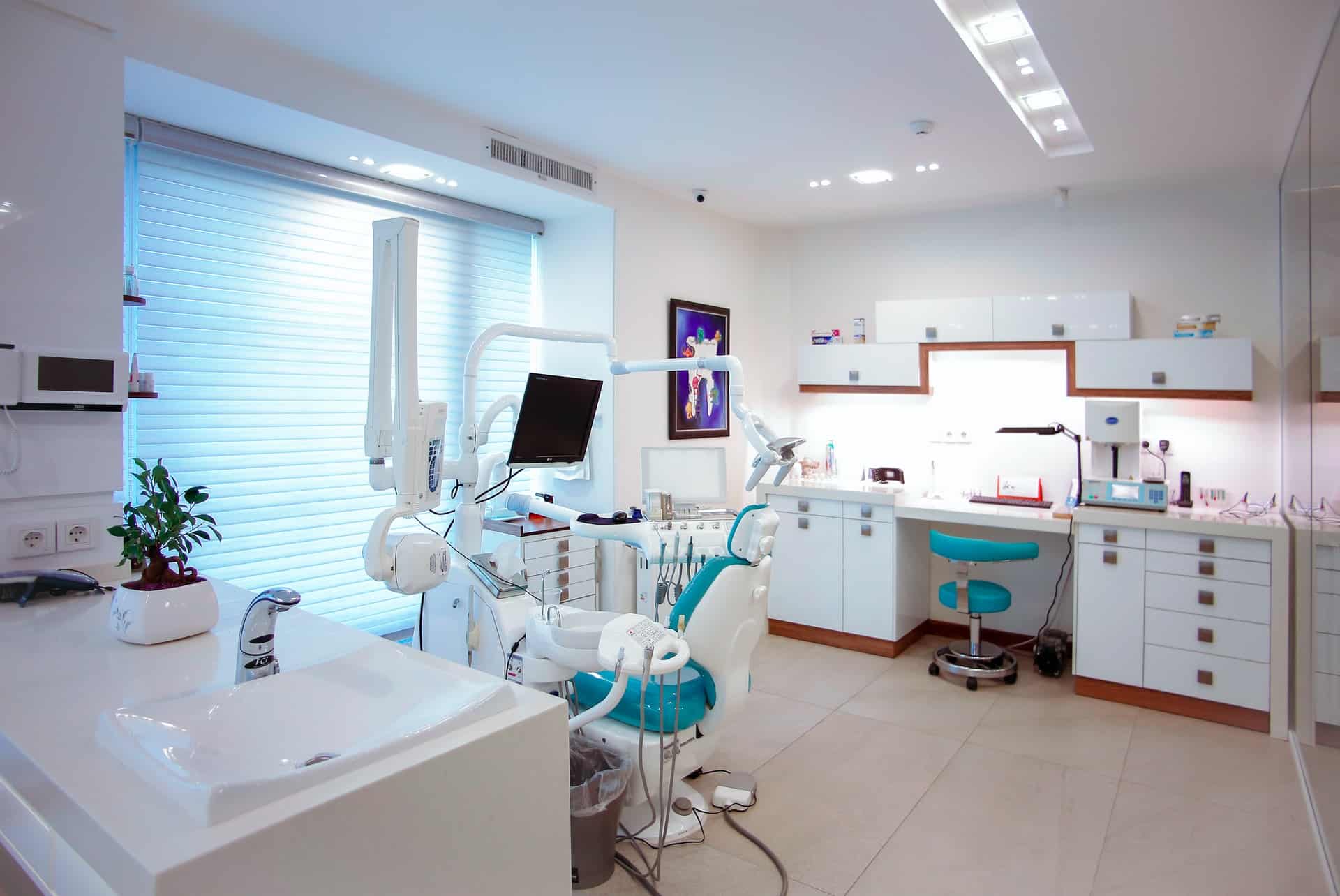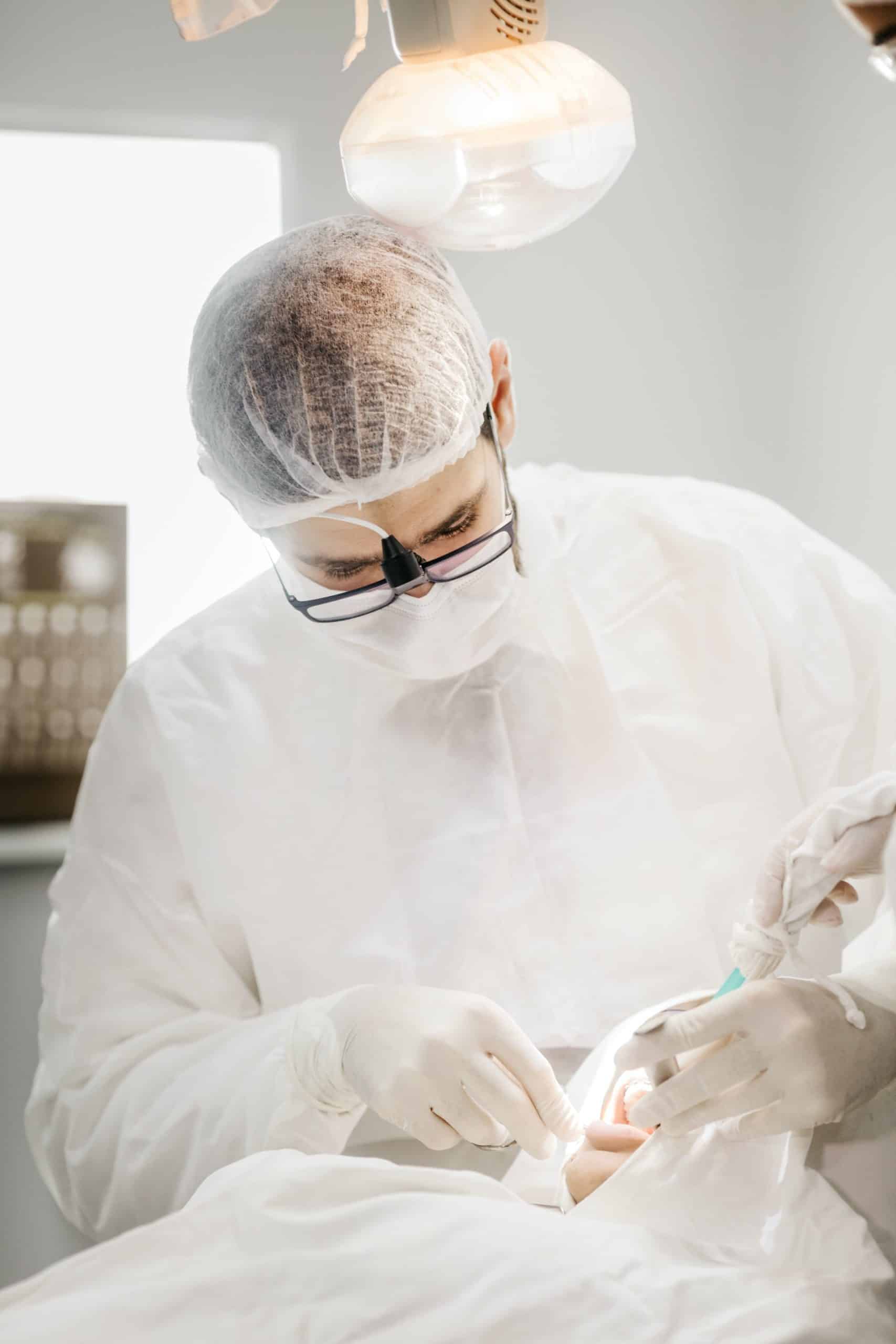Technology has made big waves in the health care sector, particularly in dental health. Nowadays, it takes less time and fewer dental appointments to get adequate dental care, which can, in turn, encourage more people to visit the dentist. Laser dentistry is one of various advanced technology that has improved dental health through increased precision, efficiency, and accuracy. This article will cover laser dentistry, its use, and its advantages in health care. Read on for more fantastic information.
IMAGE: UNSPLASH
What Does Laser Dentistry Entail?
Lasers are devices that emit narrow beams of light. When they are focused on tissues, they act directly on that tissue without diffusing or spreading, improving precision in dentistry and reducing major complications.
According to dental health experts, like dentist Richard Michalowski, DMD, Laser dentistry is the future of dental surgical procedures and is much more preferred to conventional dental procedures, especially concerning patient convenience.
Uses Of Laser Dentistry
Dental lasers produce concentrated light beams and are employed in medical/surgical applications to create cuts or remove chunks of small tissues. It’s not as bad as it sounds. It can vaporize tissues that need to be removed or make cuts/incisions. Lasers are less invasive than methods that require drilling, and lasers also hurt less, improving convenience for patients. Most procedures that require lasers involve soft tissues like gums, while some others involve hard tissues.
Gum Tissue
Laser dentistry is used to create incisions due to the concentrated beam of light it produces, and it also removes gum tissue for better visibility during dental procedures. Lasers are used to lengthen crowns by removing gum tissue, treating mouth ulcers and cold sores, and loosening tight muscle attachments. In addition, there’s minor to no bleeding when it comes to the use of lasers than conventional dentistry. Less inflammation and reduced risk of complications are also an effect of using lasers In dentistry. Although laser technology is highly beneficial, it can cause tissue discoloration or increase healing time.
Hard Tissues
Dentists can use specific kinds of lasers for firm tissues. The patient may not even have to be given any form of anesthetics and reduce the discomfort of traditional dental procedures.
Applications Of Laser Technology In Dentistry
- Removal of small chunks of tissue for biopsies.
- Removal of tooth decay
- Removal of benign tumors in the mouth
- As a prefilling procedure on enamel
- Improvements to muscle attachments (usually to loosen)
- Used in teeth whitening procedures.
- Treatment for sleep apnea
- Nerve regeneration
NB: lasers are not used during surgical operations to remove crowns or old fillings. The patient also has to use special glasses when this procedure is conducted.
Advantages Of Laser Dentistry
The advantages of using lasers in dental procedures include,
- Reduces anxiety in patients scared of instruments used in dental procedures, e.g., drill
- There is less pain and a reduced need for analgesics and anesthesia.
- Less inflammation occurs when dealing with soft tissues.
- Its high precision reduces the risk of complications
- Reduced cases of infections after the procedure
Risks Associated With Laser Dentistry
Different factors lead to issues with the use of lasers. These are more commonly expressed as errors with the help of the instrument. If the laser is used at the wrong wavelengths or the dental practitioner isn’t qualified enough to use such devices, there could be unintended damage to useful tissues. To avoid this problem, clinics should carry out continuous training of dental practitioners in advanced technology, and authorized persons should adequately validate this training.
Recovery From Operations Done With The Use Of Laser Technology
If a laser is employed during the procedure, you get a less traumatic post-operational experience than if the dentist used the conventional method. This is because you won’t get as much irritation and inflammation. There’s also less bleeding, and the recovery process should be a breeze through. Also, always adhere to all the dentist’s instructions after the surgery.
If you’re the type to skip the dentist appointment because you’re scared of the instruments used or you cant spend so much time in the clinic, advanced technologies have now been widely accepted and used in dentistry. Therefore, patients can now have better safety and comfort.
Suppose you’re looking for a dental clinic that will meet your dental needs. In that case, it is advisable to visit a well-known dental clinic that has experience in using advanced technological procedures in diagnosis, treatment, and surgical operations. Another good thing about this is that it takes less time for your oral procedures at the dentist.
IMAGE: UNSPLASH
If you are interested in even more technology-related articles and information from us here at Bit Rebels, then we have a lot to choose from.


COMMENTS